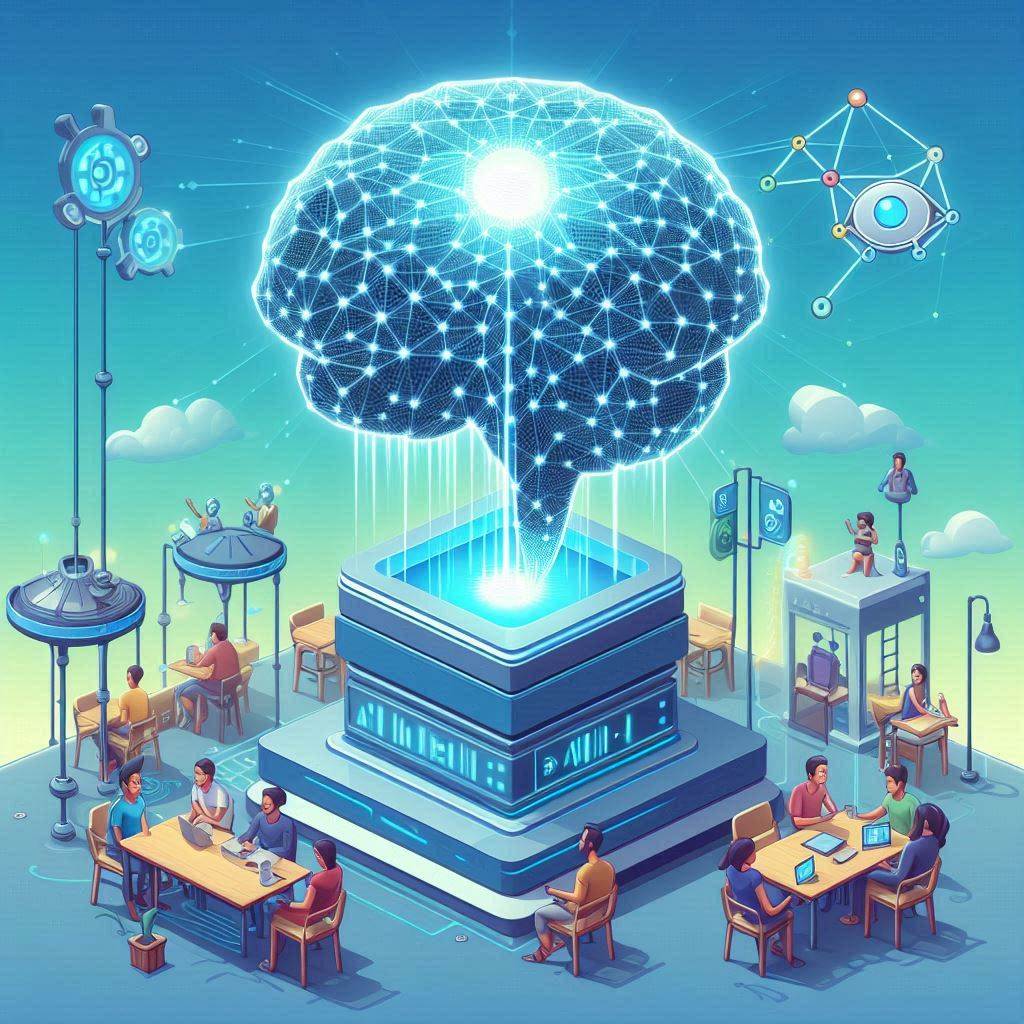
Recent incidents, such as Google's Gemini AI generating historically inaccurate imagery, highlight the urgent need for more transparent and unbiased AI algorithms. Calanthia Mei, co-founder of Masa Network, emphasizes the role of decentralized AI development in addressing these challenges.
While centralized AI solutions dominate funding, they often amplify existing biases and privacy concerns. Mei points out that decentralized AI offers a solution by ensuring fairness and safety in AI algorithms.
Blockchain-based decentralized AI protocols provide transparency in decision-making processes and enhance data privacy. Users own their models and can contribute data or computing resources, incentivized by tokens.
Centralized AI models, like Google's Gemini AI, have produced biased and inaccurate results. Decentralized AI aims to rectify such issues by offering transparent decision-making processes and verifying data provenance.
The quality, diversity, and representativeness of data directly impact AI performance and fairness. Decentralized AI protocols like Masa Network aim to provide reliable data to AI applications, thus enhancing the reliability of AI-driven decisions.
Masa Network, a decentralized AI data and large language model protocol, has garnered over 1.58 million unique wallets contributing personal data. The network recently unveiled 13 AI developer partners to advance decentralized AI capabilities.
Masa Network's launch on the mainnet and commitment of $100,000 in MASA tokens for decentralized AI developers signify a step towards building a robust decentralized AI ecosystem. Projects like CharacterX, Pond, and RootData aim to leverage decentralized infrastructure for various AI applications in social networking, trading, and Web3 data analysis.